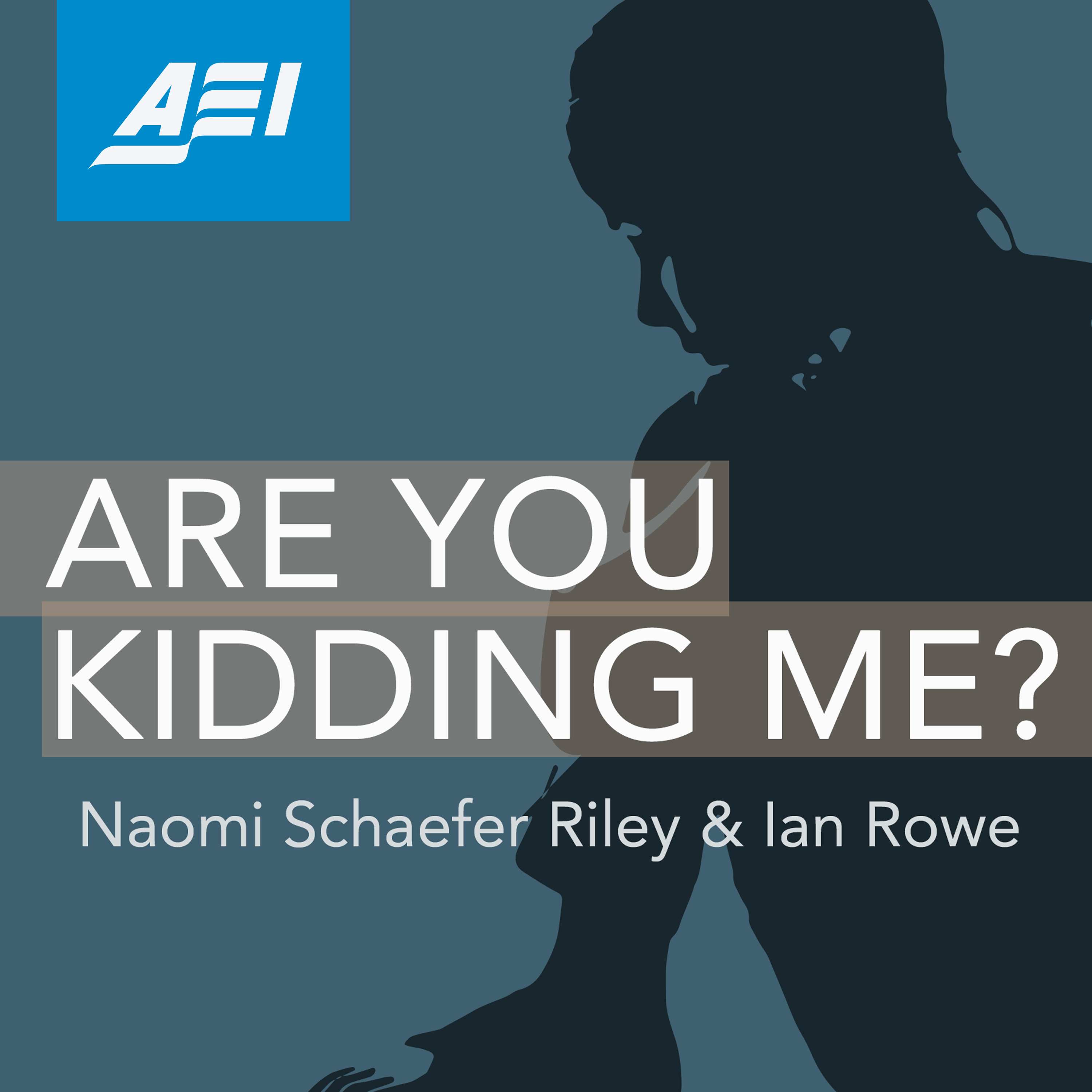- Government
- SEE MORE
- classical
- general
- talk
- News
- Family
- Bürgerfunk
- pop
- Islam
- soul
- jazz
- Comedy
- humor
- wissenschaft
- opera
- baroque
- gesellschaft
- theater
- Local
- alternative
- electro
- rock
- rap
- lifestyle
- Music
- como
- RNE
- ballads
- greek
- Buddhism
- deportes
- christian
- Technology
- piano
- djs
- Dance
- dutch
- flamenco
- social
- hope
- christian rock
- academia
- afrique
- Business
- musique
- ελληνική-μουσική
- religion
- World radio
- Zarzuela
- travel
- World
- NFL
- media
- Art
- public
- Sports
- Gospel
- st.
- baptist
- Leisure
- Kids & Family
- musical
- club
- Culture
- Health & Fitness
- True Crime
- Fiction
- children
- Society & Culture
- TV & Film
- gold
- kunst
- música
- gay
- Natural
- a
- francais
- bach
- economics
- kultur
- evangelical
- tech
- Opinion
- gaming
- College
- technik
- History
- Jesus
- Health
- movies
- radio
- services
- Church
- podcast
- Education
- international
- Transportation
- Other
- kids
- podcasts
- philadelphia
- Noticias
- love
- sport
- Salud
- film
- and
- 4chan
- Disco
- Stories
- fashion
- Arts
- interviews
- hardstyle
- entertainment
- humour
- medieval
- literature
- alma
- Cultura
- video
- TV
- Science
- en
Protecting Children with Birth Match (or Violating Parent Civil Liberties?)

Since research suggests that past maltreatment of a child is the best predictor of future child abuse or neglect, several states have enacted a program called \u201cbirth match.\u201d This program compares the names of parents of newborns with lists of individuals who have previously killed or seriously injured a child or had their parental rights terminated. Are these programs worthwhile? Should other states follow suit?
In this episode, Naomi and Ian are joined by Marie Cohen, a child welfare policy analyst, researcher, and former Washington, DC social worker. Marie describes the birth match systems as they have been adopted by five states and explains the challenges she faced when gathering research for her latest report. Despite opposition to birth match from both civil liberties advocates and progressive activists, Marie says that the goal of the program is non-partisan\u2014 protecting children\u2014and hopes that it will become more widely adopted.
Resources:
\u2022\tLearning from the Past: Using Child Welfare Data to Protect Infants Through Birth Match Policies | Marie Cohen | American Enterprise Institute
\u2022\tWould a broader birth match have saved Antoine Flemons? | Marie Cohen | Child Welfare Monitor
Show Notes:
\u2022\t01:30 | What is birth match?
\u2022\t05:25 | A name matches, what\u2019s next?
\u2022\t09:07 | Unofficial work-arounds seeking the welfare of the child
\u2022\t11:25 | Birth match and civil liberties
\u2022\t14:10 | The trouble with data
\u2022\t16:50 | Opposition to child welfare services due to supposed racism
\u2022\t20:06 | Potential for future federal action